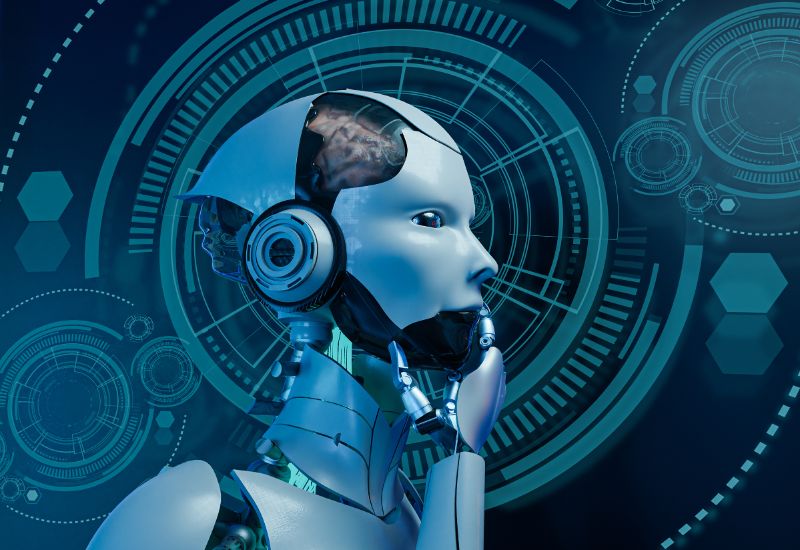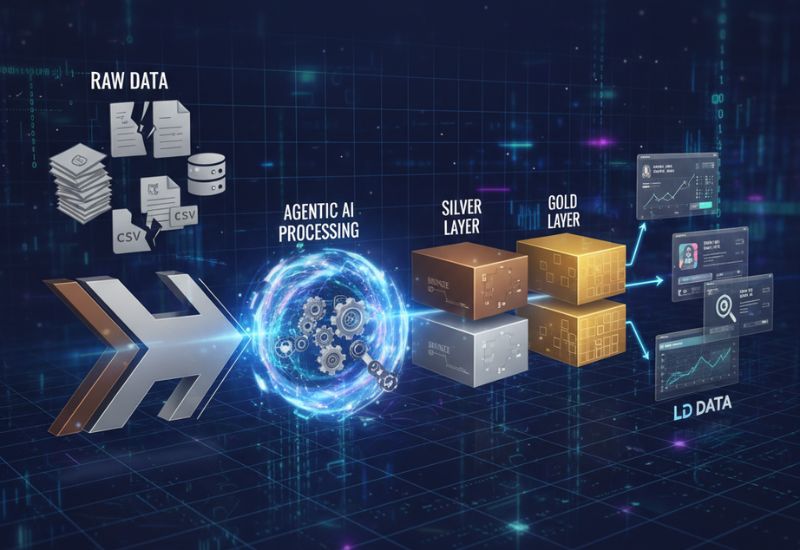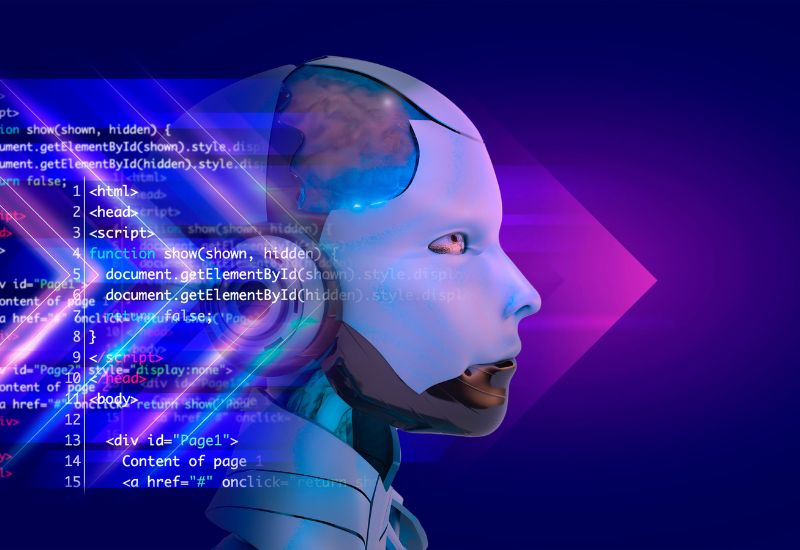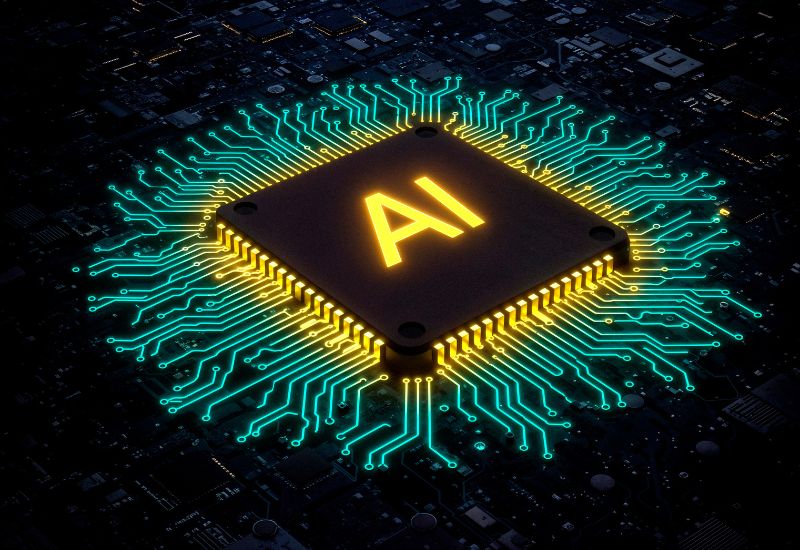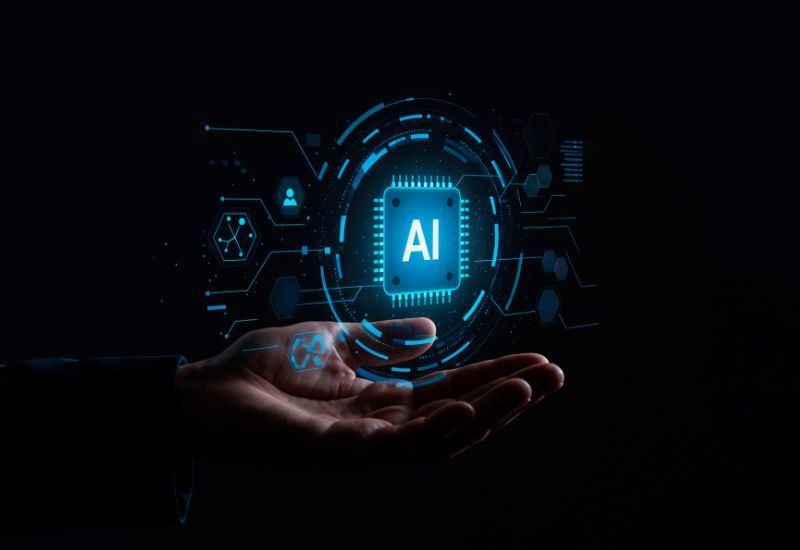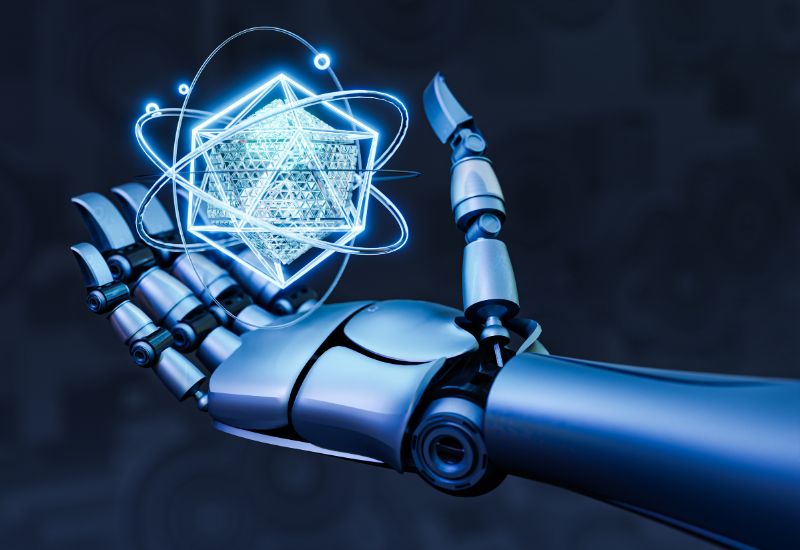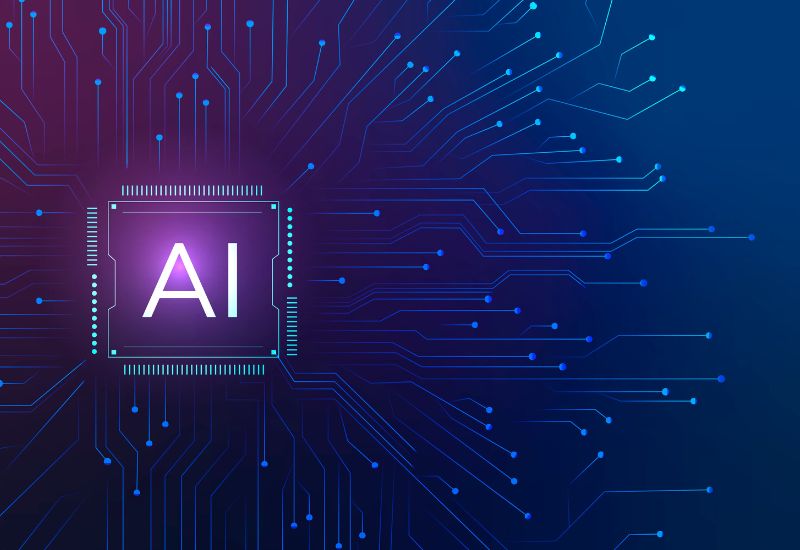Artificial intelligence has transformed the way businesses operate, and AI agents are at the forefront of this revolution. An AI agent is a software system capable of performing tasks, making decisions, and interacting with humans or other systems with minimal human intervention. From automating repetitive processes to providing deep insights, AI agents are being leveraged across industries to improve efficiency, reduce costs, and enhance customer experiences.
In this blog, we explore the top AI agent use cases across various sectors, including banking, finance, healthcare, marketing, retail, human resources, supply chain management, and logistics. By understanding how AI agents are applied in these areas, organizations can identify opportunities to harness the power of intelligent automation and data-driven decision-making.
Whether it’s enhancing operational efficiency, personalizing customer interactions, or optimizing complex workflows, AI agents are proving to be indispensable tools for modern enterprises. Let’s dive into the specific applications and understand the transformative impact of AI agents across industries.
Top 10 AI Agent Use Cases Across Industries
Artificial intelligence is no longer a futuristic concept—it has become an integral part of modern business operations. Among the AI technologies driving this transformation, AI agents stand out for their ability to perform tasks autonomously, analyze complex data, and interact with humans or systems effectively. These intelligent agents are helping organizations across industries enhance efficiency, reduce operational costs, and deliver better customer experiences.
This blog explores the top 10 AI agent use cases across diverse sectors. From banking and finance to healthcare, marketing, retail, HR, supply chain management, and logistics, AI agents are being deployed to solve real-world business challenges. By examining these use cases, businesses can understand how AI agents are reshaping industries and uncover opportunities to leverage intelligent automation for competitive advantage.
Whether optimizing workflows, improving decision-making, or enabling predictive insights, AI agents are proving to be indispensable tools in the digital era. Let’s delve into their applications and see how they are transforming industries one use case at a time.
AI Agent Use Cases in Banking and Financial Services
AI agents are transforming banking and financial services by automating customer support, handling queries, transactions, and loan information efficiently. They enhance fraud detection and risk management by analyzing transaction patterns and flagging anomalies in real time. AI agents also enable personalized financial recommendations, streamline credit scoring and loan processing, and assist with regulatory compliance through automated monitoring and reporting. Additionally, they provide predictive insights for market trends, helping institutions make data-driven decisions. By leveraging AI agents, banks can improve efficiency, reduce costs, and deliver secure, personalized customer experiences.
AI Agent Use Cases in Data Analytics
AI agents play a key role in data analytics by automating the collection, processing, and interpretation of large datasets. They can identify patterns, detect anomalies, and generate actionable insights faster than traditional methods, helping businesses make informed decisions. AI agents in data analytics also support predictive modeling, trend forecasting, and real-time reporting, enabling organizations to respond quickly to market changes. By leveraging these capabilities, companies can optimize operations, uncover hidden opportunities, and drive more strategic, data-driven outcomes.
AI Agent Use Cases in Healthcare
AI agents are revolutionizing healthcare by assisting in patient care, diagnostics, and operational efficiency. They can analyze medical records, lab results, and imaging data to support faster and more accurate diagnoses. AI agents also help in personalized treatment planning, patient monitoring, and virtual health assistance, providing timely guidance and alerts. Additionally, they streamline administrative tasks such as appointment scheduling, billing, and resource management. By integrating AI agents, healthcare providers can improve patient outcomes, enhance efficiency, and deliver more personalized care.
AI Agent Use Cases in Human Resources (HR)
AI agents are transforming human resources by streamlining recruitment, employee engagement, and administrative tasks. They can screen resumes, schedule interviews, and provide initial candidate assessments, reducing hiring time and improving accuracy. AI agents also support employees onboarding, performance tracking, and personalized training recommendations. Additionally, they help monitor employee sentiment and assist in workforce planning by analyzing data trends. By leveraging AI agents, HR teams can enhance efficiency, make better decisions, and create a more engaging experience for employees.
AI Agent Use Cases in IT and Process Automation
AI agents are driving efficiency in IT and process automation by handling repetitive tasks, monitoring systems, and managing workflows. They can automate software testing, incident management, and system maintenance while detecting anomalies and potential issues before they escalate. AI agents also support process optimization by analyzing operational data and recommending improvements. By integrating AI agents, organizations can reduce manual effort, minimize errors, and ensure faster, more reliable IT and business operations.
Check out our detailed guide on the AI Agents
AI Agent Use Cases in Marketing AI agents are transforming marketing by enabling personalized campaigns, automating customer interactions, and analyzing consumer behavior. They can segment audiences, recommend content, and optimize ad targeting to increase engagement and conversions. AI agents also support real-time performance tracking, predictive analytics, and sentiment analysis, helping marketers make data-driven decisions. By leveraging AI agents, businesses can enhance campaign effectiveness, improve customer experiences, and drive higher ROI.
AI Agent Use Cases in Retail
AI agents are reshaping retail by enhancing customer experiences, optimizing inventory, and streamlining operations. They can provide personalized product recommendations, manage stock levels, and predict demand trends to reduce waste and improve sales. AI agents also assist with customer support, analyzing purchase patterns, and automating routine tasks such as order processing. By integrating AI agents, retailers can boost efficiency, increase customer satisfaction, and drive revenue growth.
AI Agent Use Cases in Sales
AI agents are enhancing sales by automating lead management, providing real-time insights, and supporting personalized customer interactions. They can qualify leads, track customer behavior, and recommend next-best actions to improve conversion rates. AI agents also help with sales forecasting, performance analytics, and pipeline optimization, enabling teams to make data-driven decisions. By leveraging AI agents, organizations can increase efficiency, close deals faster, and drive higher revenue.
AI Agent Use Cases in Supply Chain Management
AI agents are transforming supply chain management by improving visibility, efficiency, and decision-making across the entire network. They can monitor inventory levels, predict demand, and optimize procurement and production schedules. AI agents also help identify potential disruptions, analyze supplier performance, and streamline logistics planning. By leveraging AI agents, organizations can reduce costs, minimize delays, and ensure a more resilient and responsive supply chain.
AI Agent Use Cases in Transportation and Logistics
AI agents are revolutionizing transportation and logistics by optimizing route planning, fleet management, and delivery operations. They can predict traffic patterns, monitor vehicle performance, and automate shipment tracking for greater efficiency. AI agents also support demand forecasting, warehouse management, and real-time decision-making to minimize delays and reduce operational costs. By integrating AI agents, logistics companies can enhance service reliability, improve resource utilization, and deliver faster, more accurate shipments.
Conclusion
AI agents are reshaping industries by automating tasks, analyzing data, and supporting smarter decision-making across sectors such as banking, healthcare, marketing, retail, HR, and logistics. Their ability to enhance efficiency, reduce costs, and deliver personalized experiences makes them a vital tool for modern businesses. As technology advances, AI agents will continue to open new opportunities, driving innovation and helping organizations stay competitive in an increasingly data-driven world.

